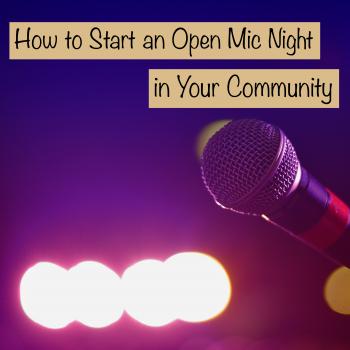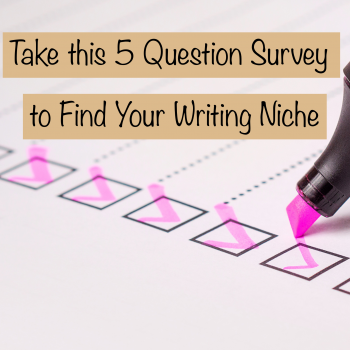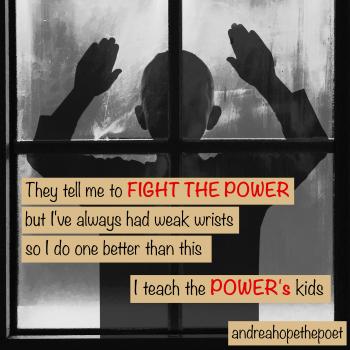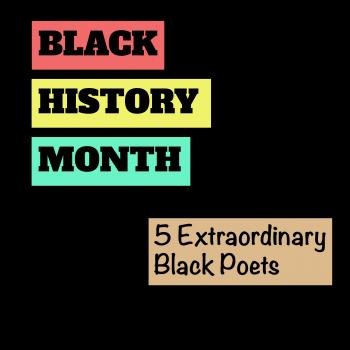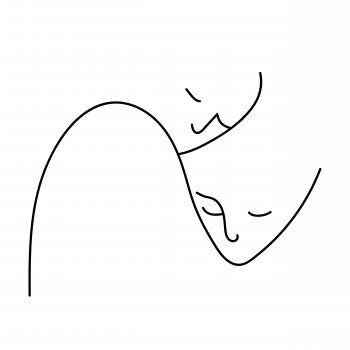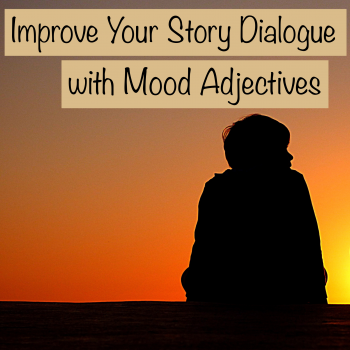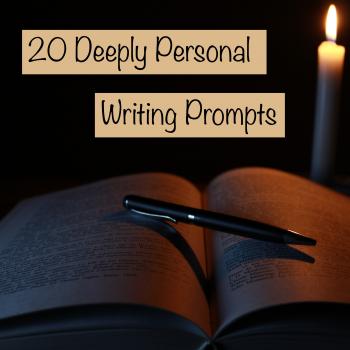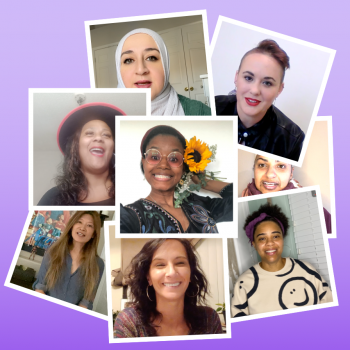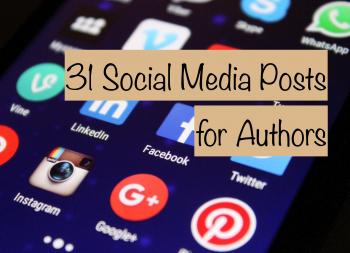Users Who Spiked
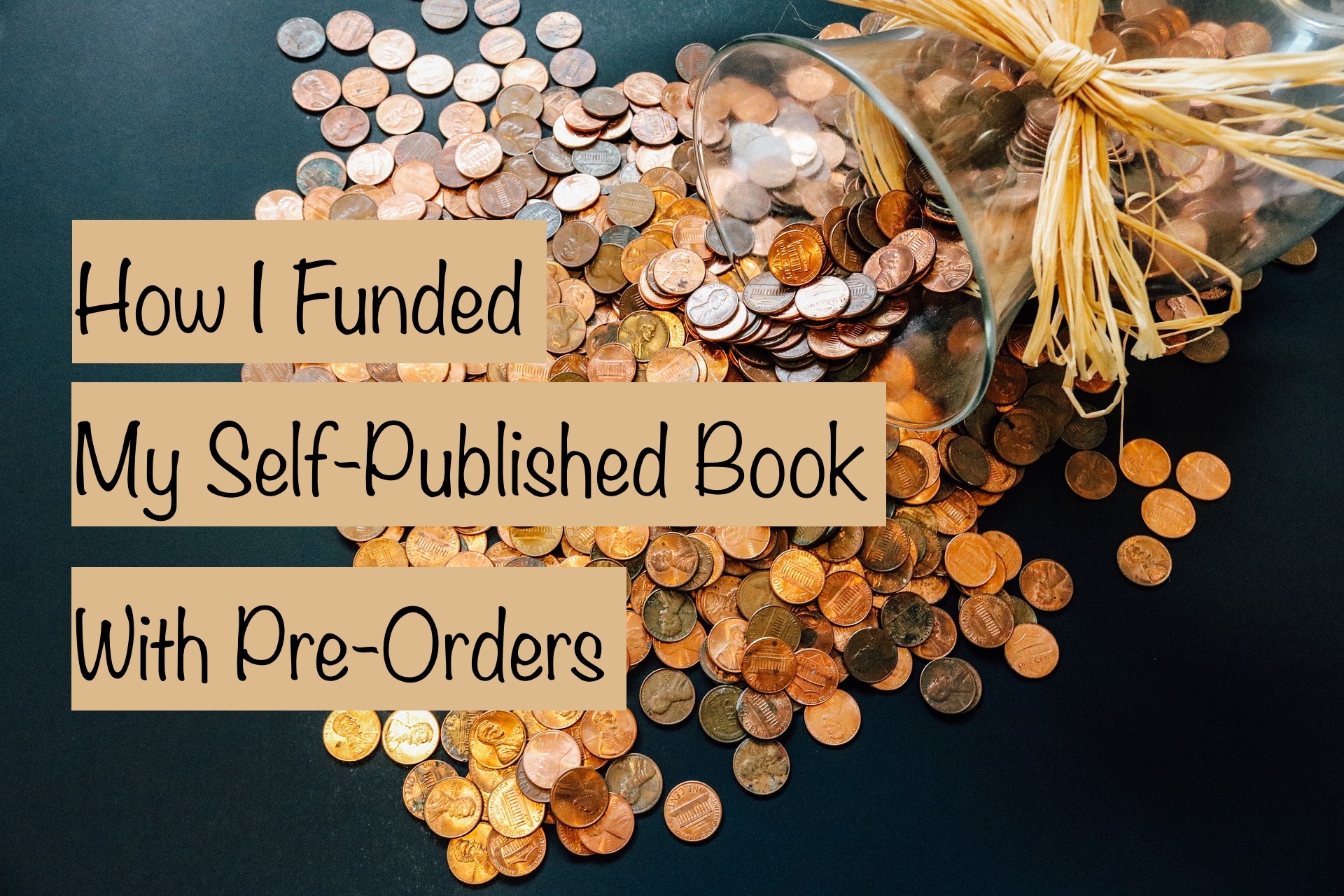
HOW I FUNDED MY SELF-PUBLISHED BOOK WITH PRE-ORDERS
Private Notes
Private Notes
Notes
You're probably not here to read about how I funded my self-published book. You're here to learn whether or not you can fund your book the way I did. You've written a manuscript that you are proud of; maybe you even have an eye-catching cover. The only problem is you don't have an eye-catching bank account. But, just like me, you know you have something of value, so you are not letting that stop you. I funded my first book without savings or a significant social media presence - just with pre-orders. Even if you can't copy my approach altogether, I hope you will discover some gems from the things I did right and the lessons I learned.
Of course, there are many options to print books on demand, but I chose self-publishing by pre-orders for one of my books because there were specifications that I couldn't get through sites like Amazon or IngramSpark. If you're happy to have a paperback in standard sizes, I would definitely recommend print-on-demand, but if you'd like to buy your books in bulk for any reason, the information below is for you.
First, Know Your Niche
The number one thing I did right before publishing my book was knowing my niche. I'm part of a religious minority called the Baha'i Faith, so I had a very specific niche when writing my book "A is for Allah-u-Abha". If you're not sure of your niche, reflect on these two questions: What is your book about? Who is your book for? A common mistake new authors make is thinking their writing is for everyone. While it's nice to hope that everyone will enjoy your book, the best way to receive support is to focus on a narrower audience and get into spaces where they connect. Before announcing my book, I was an active member of social media groups in my niche, and I highly recommend this step. Please don't join groups just to promote your work. Hopefully you are writing about or for a niche that you really connect with, so you'll be able to genuinely offer value to the group. Comment on other people's questions, especially when no one else has, encourage others, and ask questions that are not self-promotional. Pay attention to the interests people have, things they complain about, or books and products that they recommend. When it comes time to post about your book, people will not think of you as a new author but as a community member who has a new project. Remember, this step is not about marketing to your niche, but getting to know your niche. For example, an author creating a bilingual French-English book might join groups for intercultural families or groups for French or English language learners. If you're still not sure what kind of groups to join, leave a comment below of what your book is about, and I'll throw out a few suggestions.
Estimate the Costs and Time
The next step is to make sure your book is as ready as it can be, so that you can accurately estimate the costs and time to get it to your readers. Because you'll be collecting pre-orders, you need to build trust within your community. They need to know exactly when and how they are going to receive the book, so make sure you've looked into all the publishing details. Do you know who will print it and, more importantly, how long their printing times are? Do you know the costs per volume? Many places print a minimum of 100 or 200 books. Because I didn't have savings, I used the prices to set a goal of how many books I needed to sell as pre-orders in order to at least break even with costs. Remember, because you are self-publishing and selling, your costs need to include an ISBN number, printing the book, shipping materials, and the cost of shipping. Give some buffer room from when you end your pre-orders to when the book will be mailed. I planned to run my pre-order campaign for a month and gave about a month until delivery, because I was printing with a local business. It still ended up being stressful when my first batch of books came with printing errors, and I learned that it's quite common that you will have some of your books refunded or reprinted (at the printing company's expense). Take all these factors into consideration, so you can make your cost and time estimates realistic.
Choose A Reliabe Site for Pre-Orders
For my book, I opted not to use my personal website for pre-orders. I wanted a reliable website that had its own traffic and a proven security and payment system. You could use crowdfunding websites, but I personally used Etsy. I already had an Etsy shop, and I simply made it clear that the book was a pre-order and managed my shipping times to reflect that. What I love most about Etsy is that you can manage orders easily, and even create discounted shipping labels. Another plus is that people can find the book that aren't part of your support group. Since you'll be directing your costumers to the page, it will generate more views and be promoted by Etsy to people looking for your type of product. The one benefit of crowdfunding over Etsy is that people who want to support you but don't necessarily have a need for the book are more likely to contribute through crowdfunding. For long-term growth, however, I still prefer Etsy.
Drive Traffic to Your Site
For most authors, especially self-published authors, your first sales are going to come from people you know. A couple weeks before I released the book, I used the social media groups I was part of to ask for feedback. Generally speaking, people love to give their opinion. I asked questions like: What cover option do you like best? Which author photo should I use? You can respond to all comments, even simply to thank them for their feedback. When the time came, I posted my book pre-order page in the groups. Some groups have rules against self-promotion or have it on certain days, so remember to look at the group rules. You can also search the group to see if anyone has asked for book recommendations. When you post, one of the most important pieces of advice I can give is to post photos of the inside of your book. These can be two-page view images if you don't have a physical sample. With so many options these days, it's surprising to me how many authors expect you to buy their book from the cover alone, or make you do the work to find an inside view. In addition to the groups, I invested many hours into emailing everyone in my contacts list. I included a call to action for those who may not be interested, saying that it would mean a lot to me if they forwarded to families they knew. Over the next month or so, you can send reminders at least once a week, updating people on the status of the campaign. You'll have to fight your imposter syndrome on this one. Remember that we all live busy lives so someone may have overlooked your first email, and most people will be perfectly fine with getting reminders for a temporary period. While social media groups and emails were my main focus, I encourage you to think of anywhere else you could mention your book. I think of it like this: Whether a person buys my book is their choice, but I want everyone to know that I have a book. This is something I still work on to this day - being proud of my books and mentioning them whenever approriate. A few ideas are: updating your website and any profile pages to mention your book, adding it to your email signature, writing a post and tagging people on LinkedIn, sending private messages on social media (not too many a day or the site will think you're a spammer), contacting blogs or podcasts that might be interested in interviewing you, and even bringing it up when people ask how you're doing (I'm really excited right now, because I'm about to publish my book!). Remember even if you don't receive many responses, it can never hurt for more people to know about your book, and getting your book in the hands of just one of the right people can make a big difference in your campaign.
If you have no contacts to start with, check out this video about how to build an email list from scratch:
With these simple, intentional steps, I was able to sell about 250 copies of my book and pay the printing costs upfront. While my campaign didn't make me a best-selling billionaire, it eventually led to a bookstore buying and distributing my book, an overseas seller paying to translate my book, and a connection offering a loan for printing my second book. It got my work published and in the hands of people who enjoy it, and that's the ultimate win for me!
*ANDREA HOPE is a poet, editor, and world citizen, whose works have won acclaim in North America, Europe, and the Middle East. Her poetry books, TO MOTHER and Will You Break the Silence? are available on Amazon.*



















